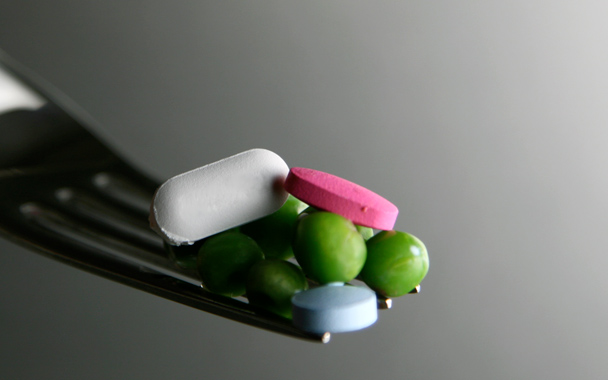Another week, another hole ripped in our food safety net.
This one is courtesy of the United States Department of Agriculture (USDA), which last month proposed a rule change that will weaken regulations on the outdoor cultivation of food crops such as peas, corn, and rice that have been genetically modified to produce drugs and industrial chemicals.
The decision comes at a time when the Union of Concerned Scientists (UCS) is calling for a complete ban on growing such GM crops outdoors.
Until recently, most GM food crops were designed to repel insects or survive applications of herbicides. The goal was simply to produce better yields. But these second-generation GM plants are engineered to produce chemicals that they would never make under normal conditions. “Pharma” crops are grown for antibodies, hormones, anticoagulants, and vaccines. Other “industrial” plants yield chemicals used in the manufacture of detergents and plastics.
But what happens if a clerk at a farm supply store accidentally mixes up two batches of seeds? Your daughter who dutifully finishes up all the peas on her plate could also be ingesting a dose of potentially harmful antibiotics or toxic chemicals. Unfortunately, this isn’t science fiction or speculation. In Nebraska in 2002, pollen from pharma corn—grown to make drugs that battle diabetes and diarrhea—contaminated nearby soybeans. Fortunately, the beans were destroyed before they entered the human food chain.
This is one case where genetic engineering has made some strange bedfellows. Groups such as the Grocery Manufacturers Association, PepsiCo, and General Mills, which often find themselves on the opposite side of the UCS, have spoken out strongly against the wisdom of using food crops to produce chemicals and drugs.
Proponents of tighter rules argue that bioengineers who want to produce such plants should confine their efforts to those not used as food and shift to indoor growing, where the chances of contaminating food crops are minimal. The UCS has provided a convenient link for those who would like to add their names to a petition asking that the government prohibit outdoor growing of pharma and industrial crops.




 Pinterest
Pinterest


